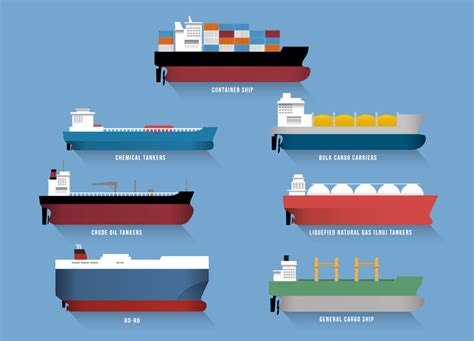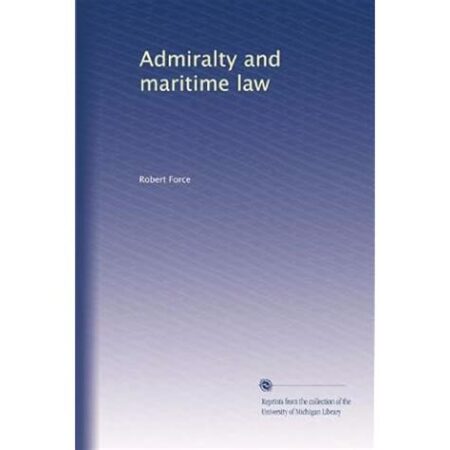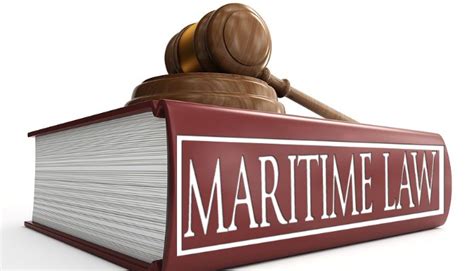
- General Average Clause: Understanding Maritime Law for Seafarers
- Section 5: Table Breakdown of Key Aspects of General Average Clause
-
FAQ about “General Average Clause Maritime Law"
- What is general average?
- Who is liable for general average?
- How are general average contributions calculated?
- When is general average applied?
- What are some examples of general average sacrifices?
- Is general average insurance available?
- Who is responsible for collecting general average contributions?
- What happens if a party refuses to pay their general average contribution?
- How long does it take to resolve a general average claim?
- Are there any defenses to a general average claim?
General Average Clause: Understanding Maritime Law for Seafarers

Introduction: Ahoy, Readers!
Welcome aboard, dear readers, as we embark on a voyage through the fascinating world of maritime law. Today, we’ll delve into the intricacies of the "general average clause," a vital provision that governs the fair distribution of losses among parties involved in maritime ventures. So, buckle up and prepare for a legal adventure on the high seas!
Section 1: What is General Average?
1.1 Definition and Significance
General average is a principle in maritime law that apportions extraordinary expenses incurred to preserve the shared interests of a maritime venture, such as a ship and its cargo, in the face of imminent danger. It aims to foster collaboration and sacrifice among parties to ensure the safety and preservation of the common enterprise.
1.2 Types of General Average Acts
General average acts encompass a wide range of emergency measures taken to avert a maritime peril, including:
- Jettison: Discarding cargo or ship’s equipment overboard to lighten the vessel and improve stability
- Sacrificial Damage: Intentionally grounding or damaging the ship to protect the cargo
- Expenses for Refuge: Costs incurred while seeking shelter in a port of refuge due to adverse weather or other extraordinary circumstances
Section 2: The General Average Clause
2.1 Contractual Basis and Legal Framework
The general average clause is a standard provision included in maritime contracts, such as bills of lading and charter parties. It outlines the rights and obligations of the parties involved in the event of a general average act. The clause is legally binding and serves as a framework for the apportionment of expenses among the contributing interests.
2.2 Components of the Clause
Key elements of the general average clause include:
- Notice of General Average: The master of the vessel is required to declare a general average in case of emergency
- Appointment of Adjuster: An impartial adjuster is appointed to assess the general average expenses and apportion them among the contributing interests
- Contribution: All parties benefiting from the general average act are liable to contribute their fair share of the expenses, regardless of fault
Section 3: Practical Applications and Considerations
3.1 Apportionment of Expenses
The adjuster determines the general average expenses based on the value of each contributing interest. Each party’s contribution is calculated as a percentage of their interest in the saved property. The adjuster ensures equitable distribution of the expenses among the parties.
3.2 Impact on the Involved Parties
General average can have significant implications for the various parties involved:
- Shipowners: Responsible for incurring the initial general average expenses and coordinating the adjustment process
- Cargo Owners: Liable to contribute their fair share of the expenses based on the value of their cargo
- Hull Underwriters: Insurers who cover the shipowner’s hull and machinery, potentially liable for the general average expenses
- Freight Forwarders: May be involved in coordinating the collection of contributions from cargo owners
Section 4: Legal Precedents and Case Studies
4.1 Historical Landmark Cases
- The Athens (1746): A landmark case in English maritime law that established the principle of general average and the duty of contributing interests to share the burden of losses incurred for the common benefit.
- The Great Eastern (1858): An iconic British steamship that caught fire, necessitating the scuttling of its cargo to save the vessel. This case solidified the legal framework for apportioning general average expenses.
4.2 Modern-Day Applications
Recent cases involving general average include:
- The MSC Fabiola (2012): A container ship that experienced a fire in the North Sea, leading to the jettisoning of containers and activation of general average.
- The CMA CGM Libra (2018): A massive container vessel that grounded off the coast of Egypt, resulting in a costly salvage operation and declaration of general average.
Section 5: Table Breakdown of Key Aspects of General Average Clause
| Aspect | Description |
|---|---|
| Legal Basis | Incorporated into maritime contracts (bills of lading, charter parties) |
| Purpose | Apportioning extraordinary expenses incurred for the common benefit |
| Trigger | Imminent danger to the ship and cargo |
| Types of Acts | Jettison, sacrificial damage, expenses for refuge |
| Parties Involved | Shipowners, cargo owners, underwriters, freight forwarders |
| Calculation of Contribution | Based on the value of each contributing interest |
| Legal Precedents | "The Athens" (1746), "The Great Eastern" (1858) |
Section 6: Conclusion: Navigating the Legal Seas
Dear readers, we’ve covered the vast expanse of the general average clause in maritime law. This complex provision safeguards the shared interests of parties engaged in maritime ventures, ensuring equitable distribution of burdens and fostering cooperation in times of adversity. As you continue your voyage through the legal seas, remember the principles of general average, and navigate with confidence!
For further exploration of maritime law intricacies, check out our other articles on maritime insurance, admiralty law, and the law of the sea. Bon voyage, readers!
FAQ about “General Average Clause Maritime Law"
What is general average?
- It is a maritime law principle that requires all parties involved in a sea voyage to share the costs of extraordinary sacrifices made to save the ship and cargo from a common peril, such as a storm or fire.
Who is liable for general average?
- All parties with an interest in the ship and cargo, including the shipowner, cargo owners, and passengers.
How are general average contributions calculated?
- They are based on the value of the property saved, and are usually calculated by a maritime adjuster.
When is general average applied?
- When an extraordinary sacrifice is made to save the ship and cargo from a common peril, such as when cargo is jettisoned to lighten the ship in a storm.
What are some examples of general average sacrifices?
- Jettisoning cargo, cutting away masts, scuttling the ship, and extinguishing a fire.
Is general average insurance available?
- Yes, shipowners and cargo owners can purchase insurance to cover their potential general average contributions.
Who is responsible for collecting general average contributions?
- The shipowner or their agent is responsible for collecting the contributions from all the parties involved.
What happens if a party refuses to pay their general average contribution?
- The shipowner or their agent can file a lawsuit to recover the contribution.
How long does it take to resolve a general average claim?
- It can take several months or even years to resolve a general average claim, depending on the complexity of the case.
Are there any defenses to a general average claim?
- Yes, there are a few defenses, such as proof that the sacrifice was not made to save the ship and cargo, or that the party making the claim was negligent.




